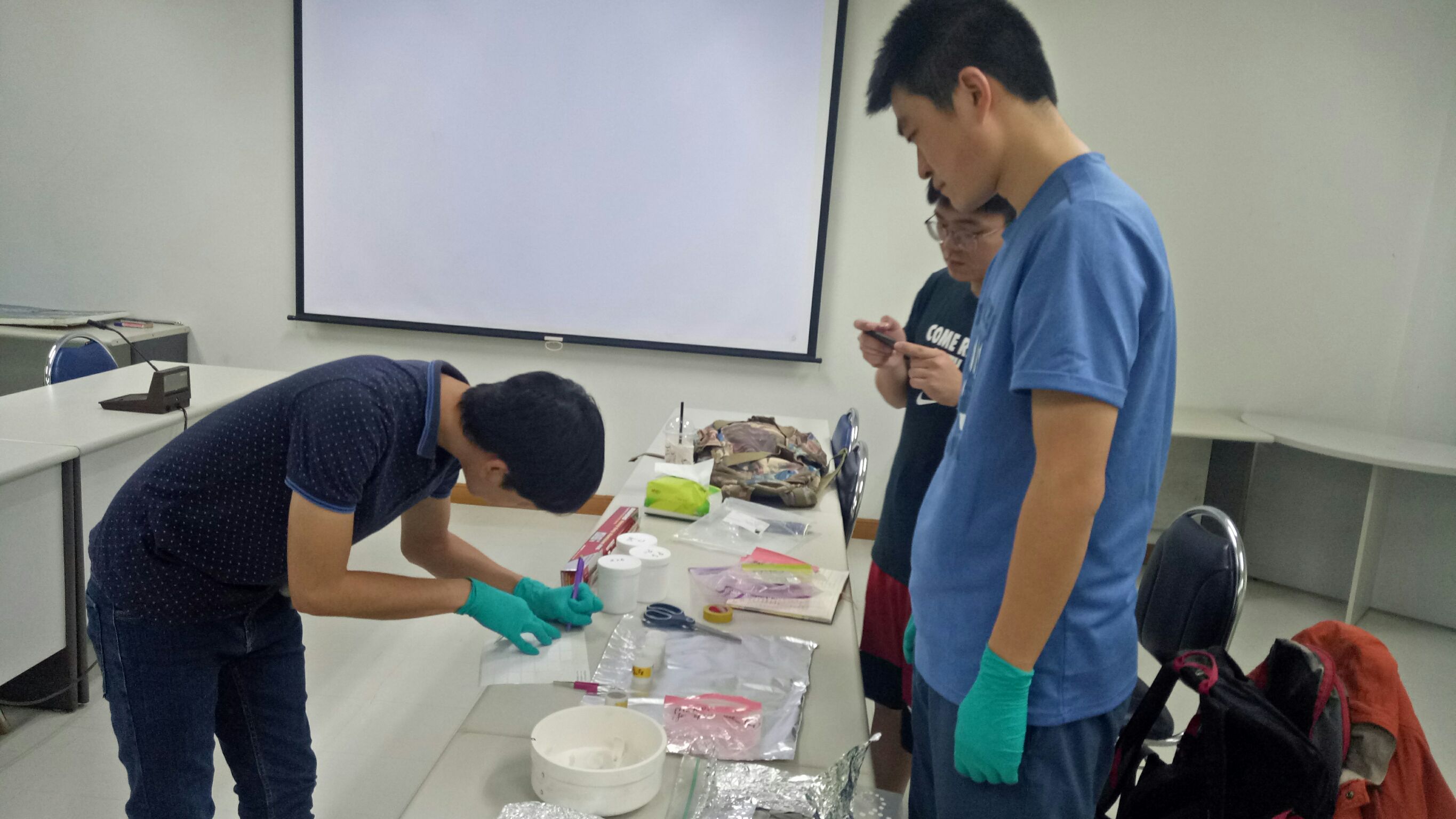During 28 February – 7 March 2018, Dr. Tippawan Prapamontol, a senior researcher of Environment and Health Research Unit, Center for Applied Health Science Research, Research Institute for Health Sciences and a Principal Investigator of the 3-year study entitled “Co-impact of chemical characteristic of particles, weather condition and health impact from the release of biomass burning in Northern Thailand” Co-impacts of chemical characteristic of particles, weather condition and health impact from biomass burning in upper Northern Thailand.” or “Thai-Chinese Study (TCS)” (2017-2020), which is sponsored by The Thailand Research Fund (TRF) and National Natural Science Foundation of China (NSFC) has started working with China research team. Mr. Song Wenhuai and Mr. Fang Yan, students from Nanjing University of Information Sciences and Technology (NUIST) in China, have installed PM2.5 particles collecting machines at Nong Tao health promotion hospital in in Mae Wang district, Doi Intanon health promotion hospital in Jom Thong district, as well as Sangwal Wittaya school in Chiang Mai to monitor PM2.5 particles. The operation has received good cooperation from officials and personnel in each area. The study team also installed air pollutant collection sheets to examine the traffic pollution exposure in 9 areas of Chiang Mai; Building 3 of Research Institute for Health Sciences and Tard Chompoo Reservoir in Chiang Mai University, Sangwal Wittaya school, Nong Tao health promotion hospital in Mae Wang district, Doi Intanon health promotion hospital in Jom Thong district, School for the blind, “Ban Thammapakorn” Chiang Mai Elder Aid Center, Nong Peung Municipality and Sarapee hospital to collect air pollution samples for 2 weeks.
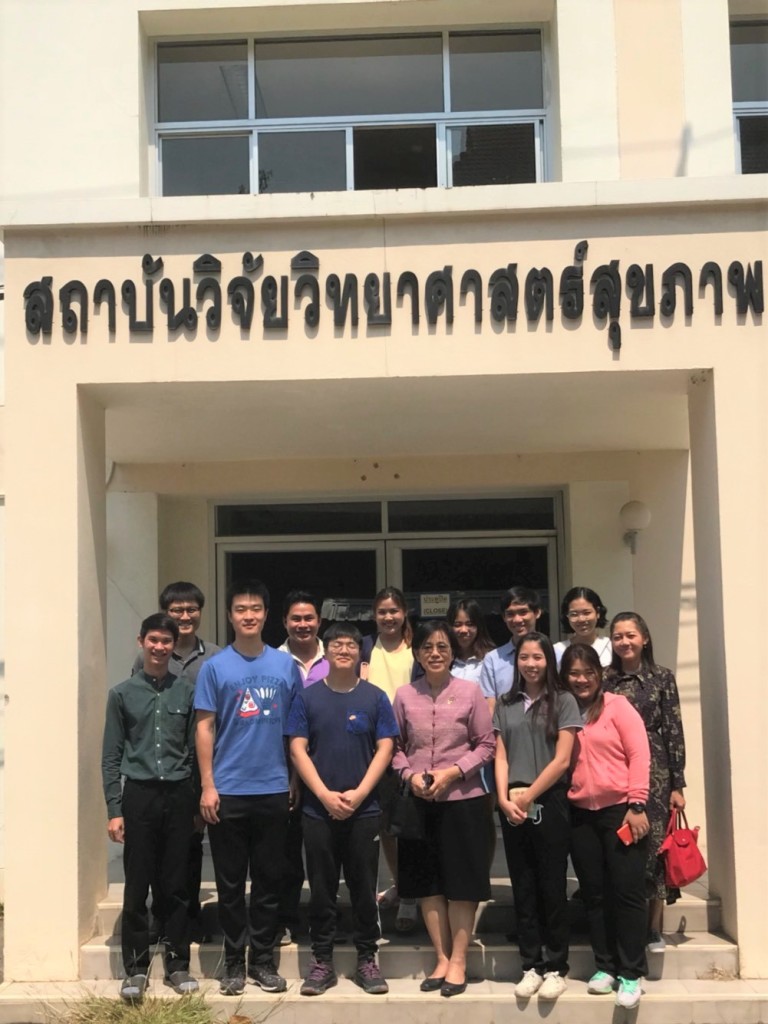
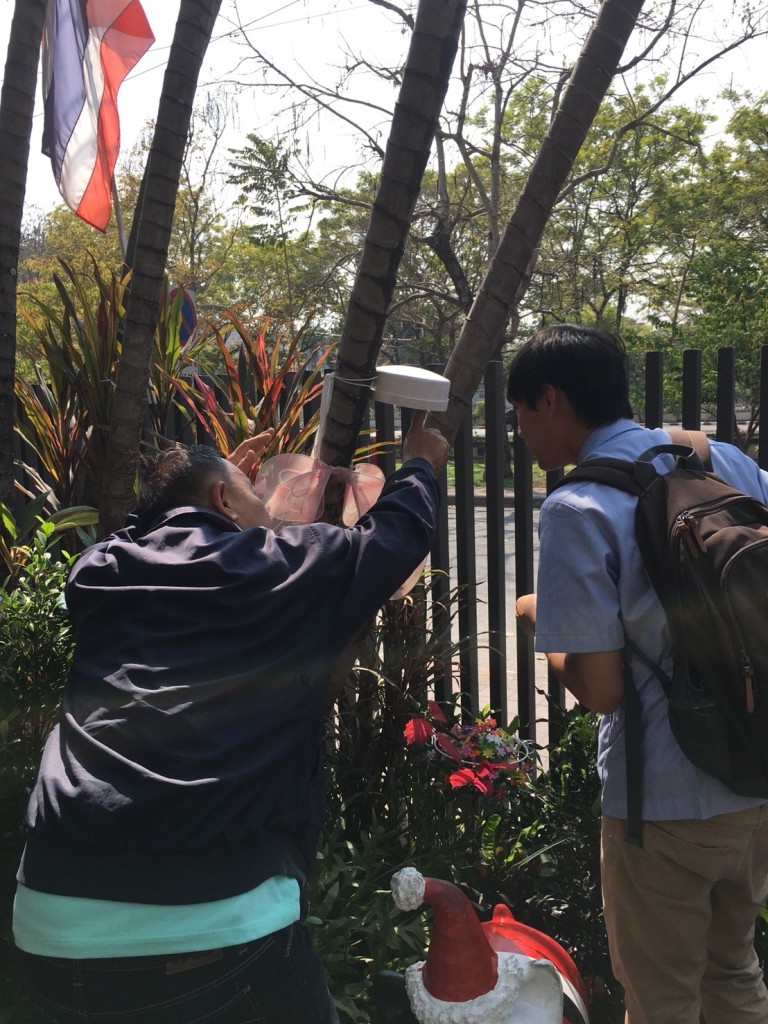
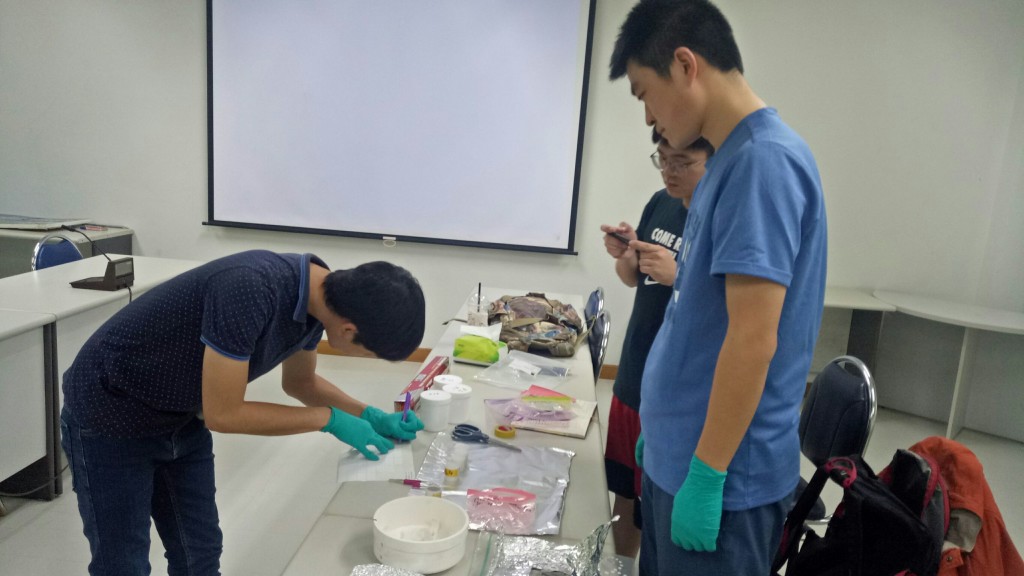
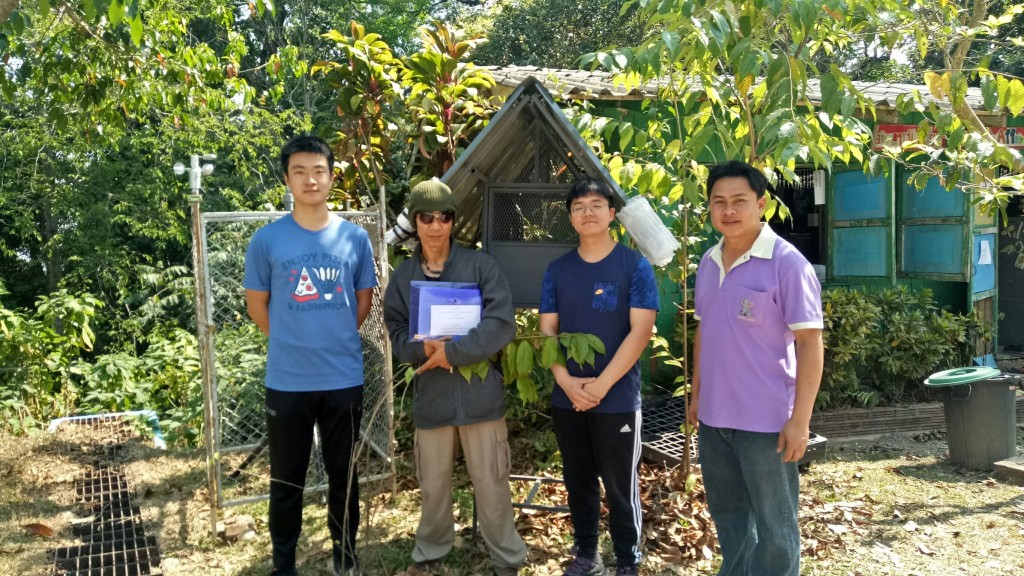
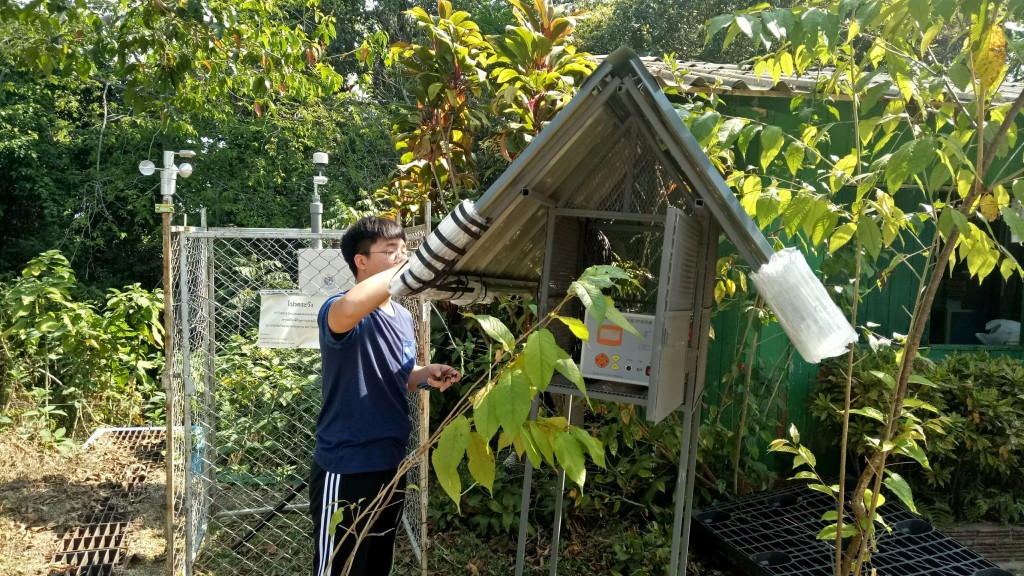
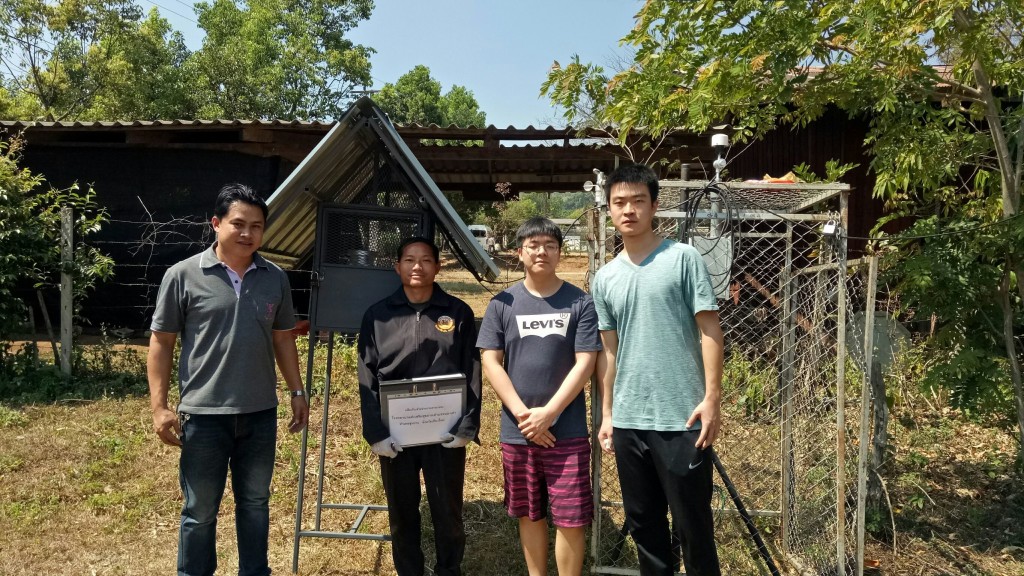
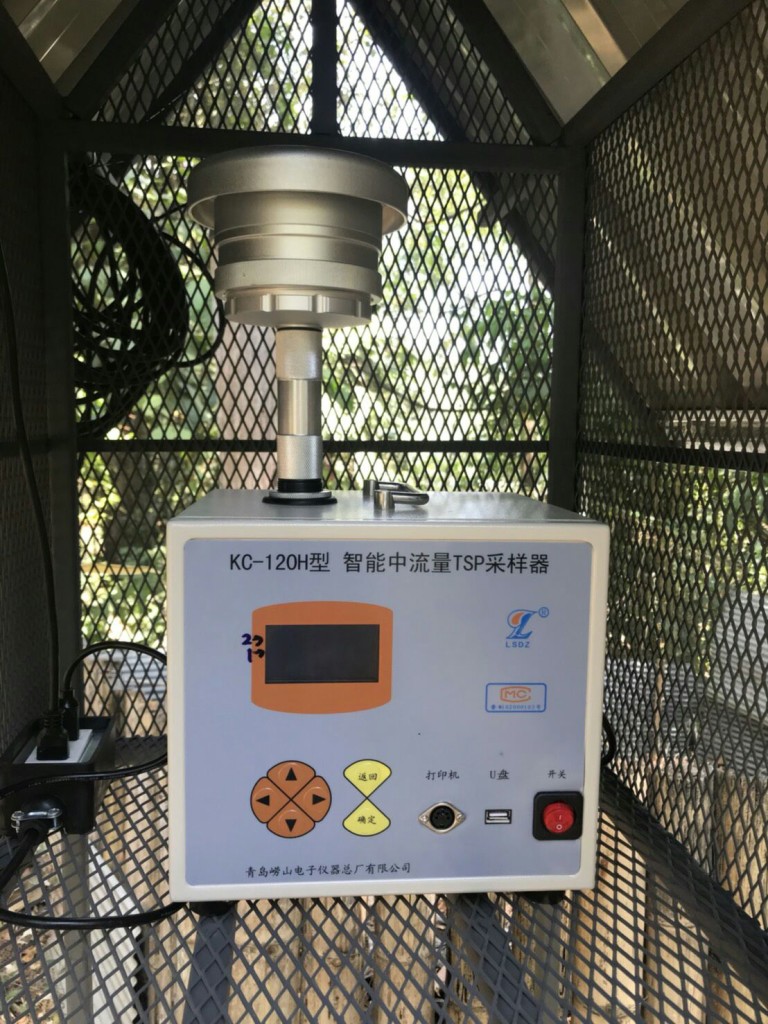
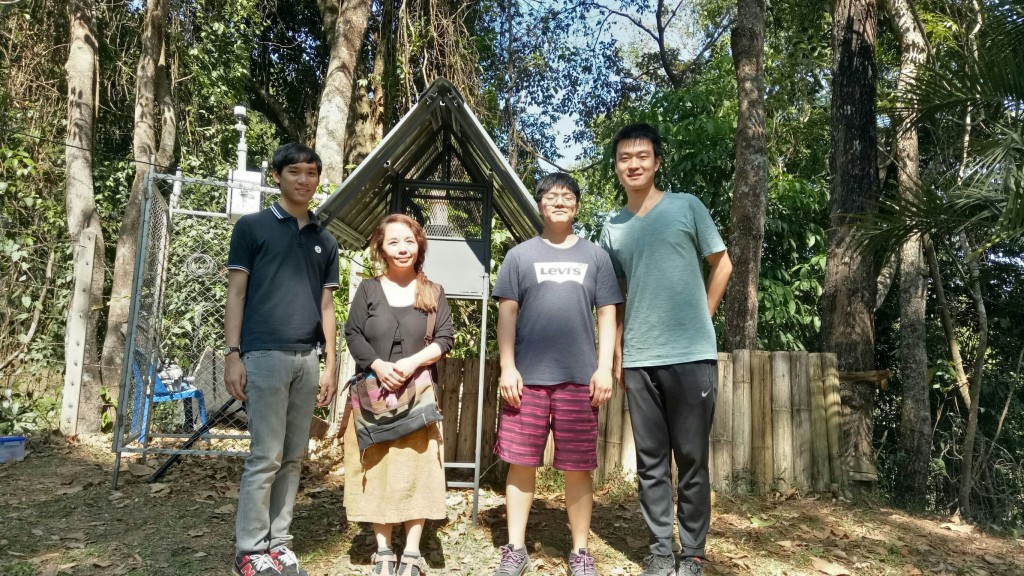
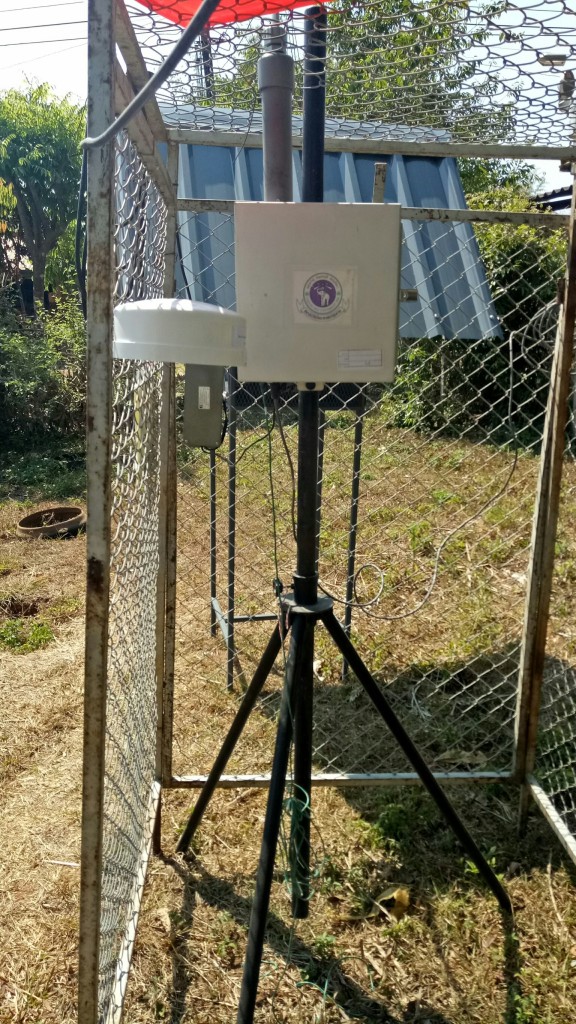
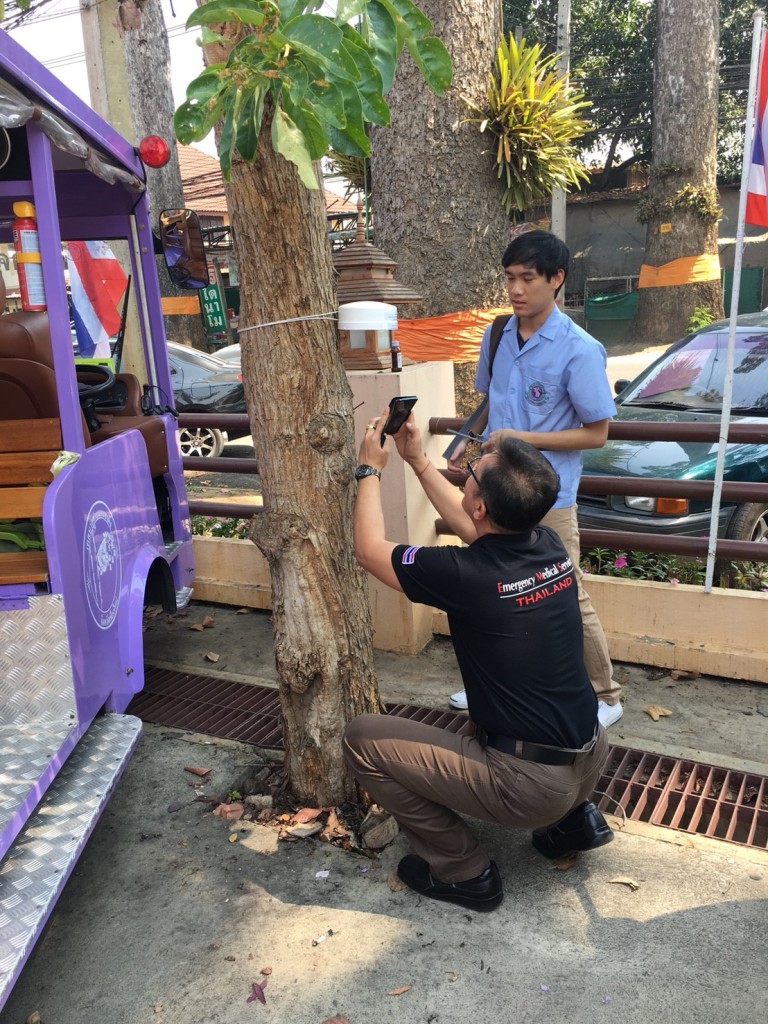
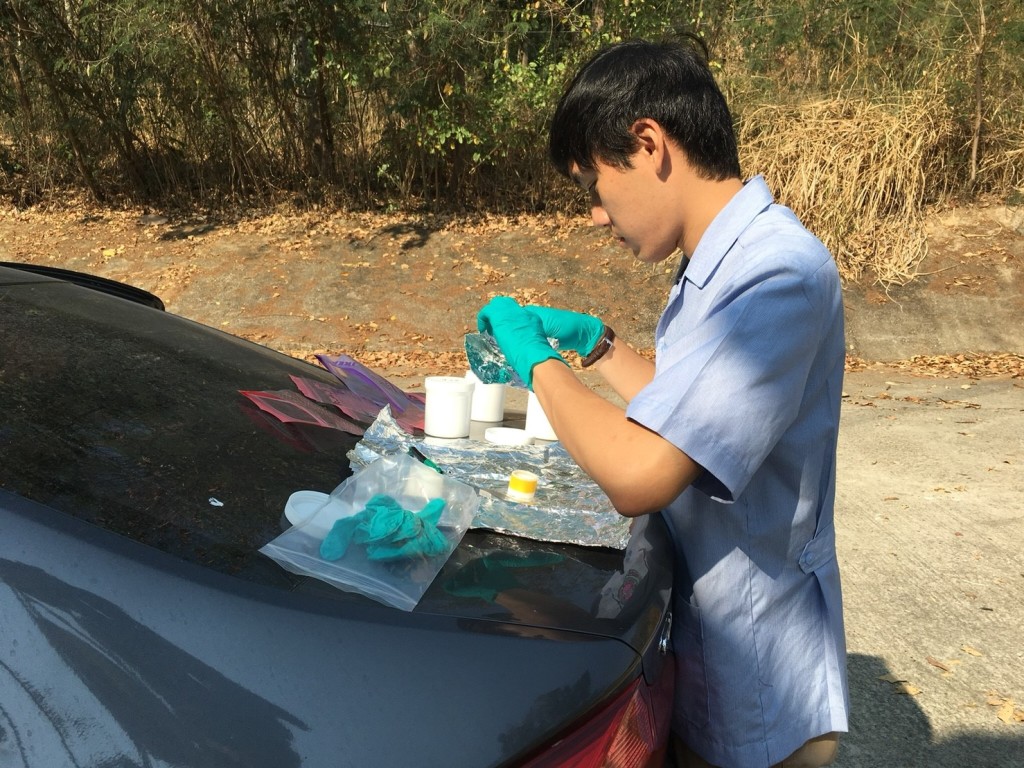
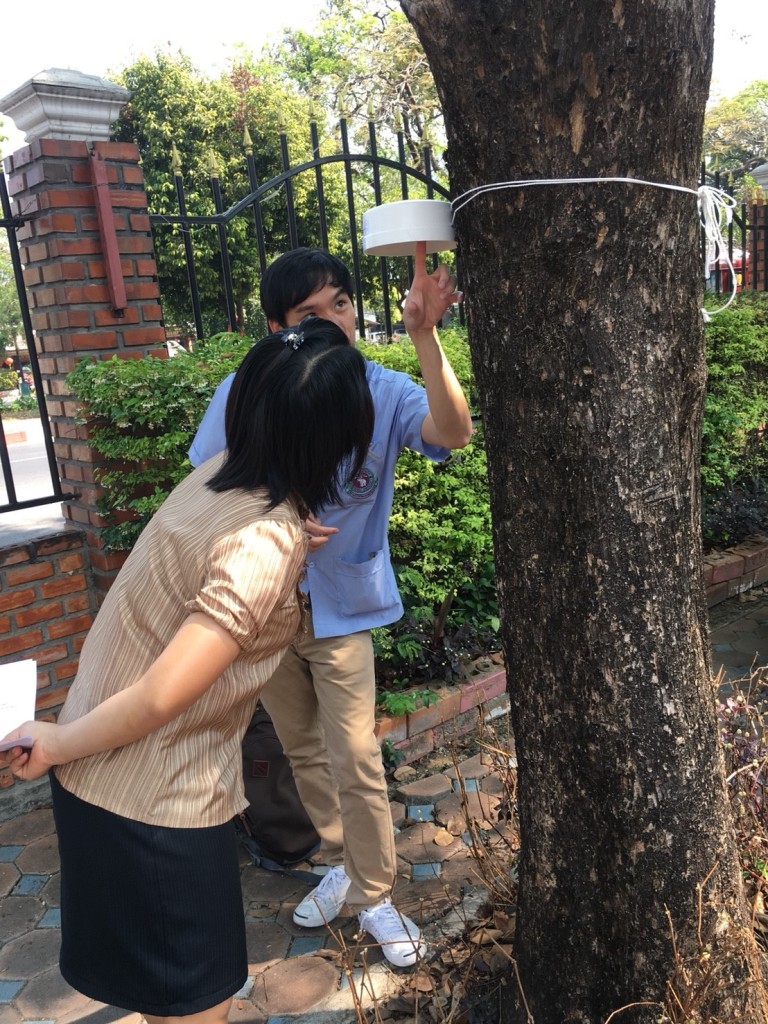
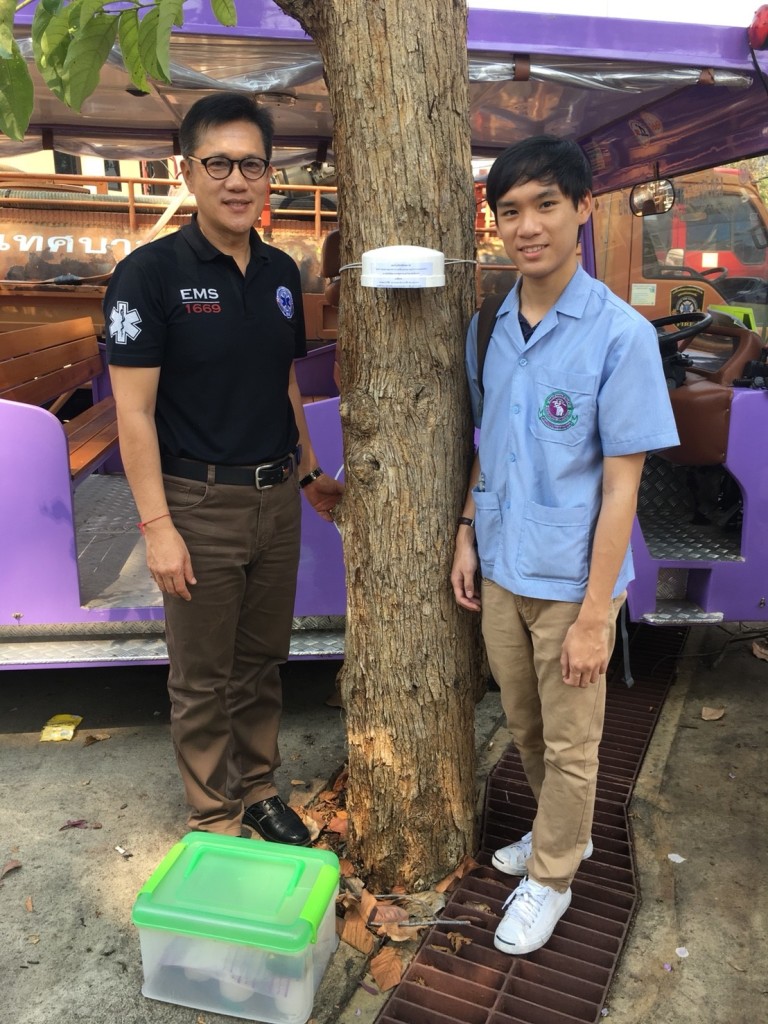
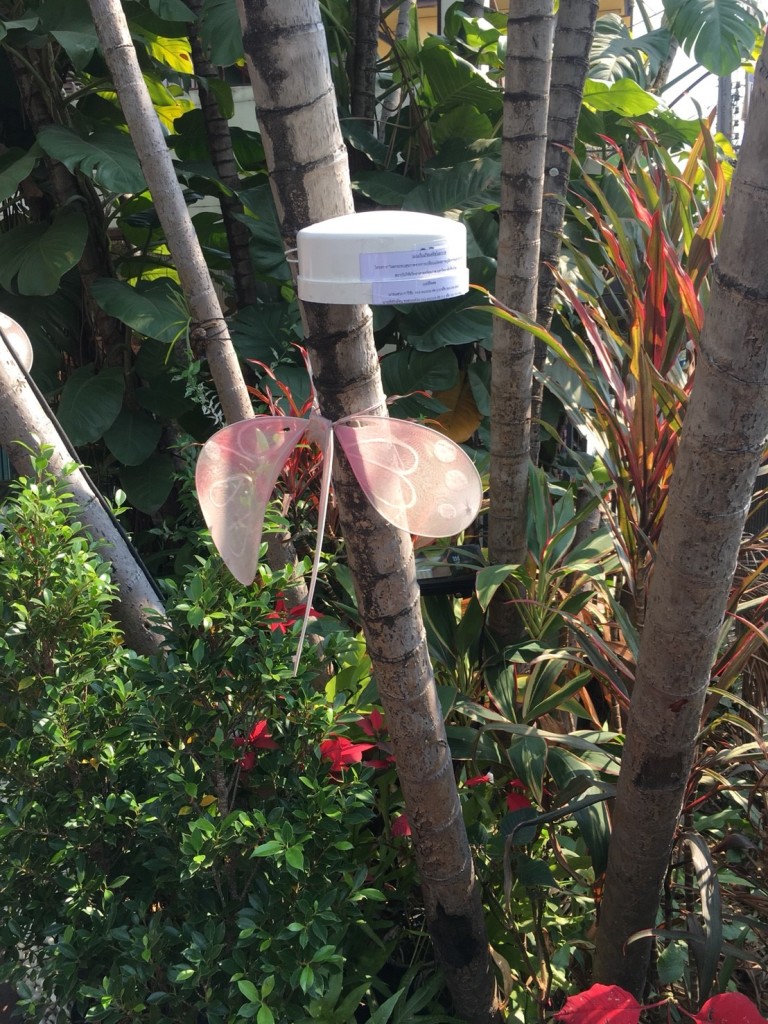
………………………………………………………..
By Public Relation
Research Institute For Health Sciences
8siam แพลตฟอร์มคาสิโนออนไลน์น้องใหม่ที่ได้รับความนิยมสูงในไทย!
ร่วมสนุกกับข้อเสนอสุดคุ้ม ไม่ว่าจะเป็นโบนัสเติมเงินทุกวัน, เงินคืนรายสัปดาห์, รีเบต และสิทธิประโยชน์อีกเพียบ
สมัครสมาชิกตอนนี้เพื่อเริ่มประสบการณ์เดิมพันที่ดีที่สุด!
ทางเข้าเว็บคาสิโนออนไลน์
8siam เว็บเดิมพันออนไลน์
แผนที่แสดงกิจกรรมโบนัส PG Slot แตกง่าย

